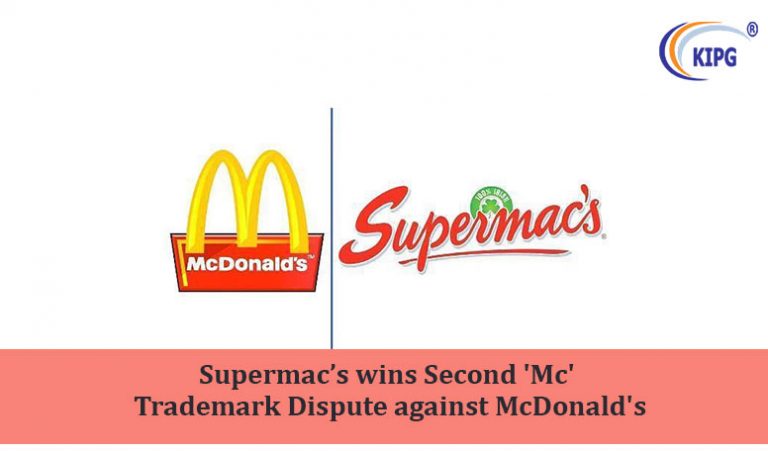19-08-2019
Category
Archives
19-08-2019
13-08-2019
13-08-2019
12-08-2019
12-08-2019
12-08-2019
10-08-2019
In today’s highly competitive business arena, business operations and activities should be executed legitimately for protecting the brand’s entity and reputation. Copying something which a person doesn’t own is an illegal offense. As a business owner, a person may face various legal and corporate penalties. Additionally, the government may impose a ban on the products sold by the owner or his company, leading to the loss of customers.
Usually used with writing works, research submissions, and academic papers, plagiarism is not limited to writing pieces. If a person has spoken about something and you use it as it is, then it would also fall under the category of plagiarism. Therefore, it is advisable to all the students, business owners, corporate experts, and even public speakers to stay aware of this issue.
PLAGIARISM GOES BEYOND WRITTEN WORKScfj6 5w44413j144w
The most common example of plagiarism includes copying a blog. Website owners and bloggers very often face this issue when people copy their posts and use them on their websites. However, this is just a typical example of plagiarism, and there are scenarios of other types as well. In the business environment, plagiarism is a day-to-day issue that entrepreneurs face. Going through an example would clear this thought to a great extent. Suppose that a person has a brand of perfumes and is all set to launch a new scent. One of his competitors gets a sniff and launches an identical product before the real owner. Such a situation would cause damage to the owner’s product even before it had reached the potential buyers. Counted as an illegal act, business owners can’t copy or steal the ideas of another person or company. At times business owners aren’t even aware of this aspect, but in other cases, they may also copy the ideas intentionally for saving their efforts.
How Can Plagiarism of Intellectual Property Cause Damage to your Business in an Unprecedented Way?
It takes a long time for any business to build or establish a positive reputation. Moreover, with one wrong move, the built reputation could vanish in a fraction of second. In the past many years, a lot of businesses have eventually shut down after unauthorized copying or stealing of Intellectual Property (IP). If people copy or steal your ideas for their benefit, it results in the infringement of Intellectual Property Rights (IPR).
Some key negative factors attacked with intellectual property plagiarism are as follows:
- GUARANTEED LOSS OF TRUST
If we ever look at the market sector in any category, we will find out that there are only a few brands which capture the entire market. For example, if a person wants to buy a pair of footwear, he would rely on a limited number of brands because these few brands have a more trustworthy image than the others. If you copy or steal ideas that are already being used by another person or company, then people would eventually stop trusting your brand. Consumers around the world are of the view that if a brand doesn’t have something unique to offer, then it is not dependable. Therefore, if you are copying or stealing any idea, product, or even an offer, customers would stop believing in you, and your products. Even a small concept copied can create several problems for a brand. Counted as a severe issue, plagiarism of Intellectual Property executes long term damages for a brand.
- FACING LEGAL PENALTIES
Business operations and activities don’t run without legal rules and regulations. The companies which are a part of the corporate world must abide by these rules. Violation or infringement of these rules lead to legal penalties and in the worst scenarios could also result in the companies barred from carrying out their business operations. Plagiarism of IP by any means isn’t a small case of violation. Therefore, business owners who are involved in such crimes have to pay legal penalties.
- NEGATIVE REPUTATION IN THE LONG RUN
Plagiarism of IP is a sign of immense unprofessionalism. It damages the business interests of a company that owns the original thoughts and ideas. Every customer in the market expects to get unique products and services. If a brand sells copied products, it loses its trust among the buyers immediately. It is a matter of fact that yes; once a brand loses its reputation, it becomes almost impossible to regain it. Therefore, the brands and business owners should never copy ideas to prevent their corporate reputation from tarnishing forever.
09-08-2019
08-08-2019
07-08-2019
07-08-2019








